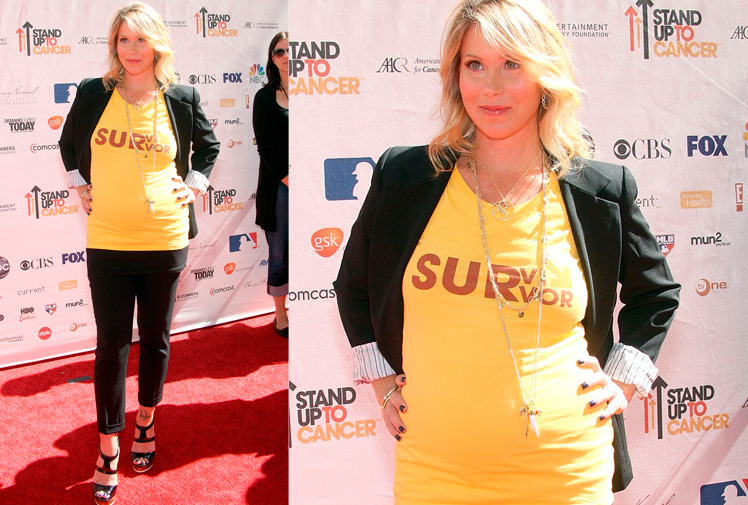So, you’re trying to concieve – and visualising yourself brandishing a dirty nappy while your partner wrangles with a onesie. That picture in your head includes one baby, not two or three, right? Thought so. But did you know, there are factors that can increase your likelihood of conceiving twins or multiples?
It’s time to dig out the family tree and have a think about your diet, because these factors both increase your likelihood of having a multiple pregnancy…

Are twins common?
Many fertility experts believe twins are more common than we are aware of, it being reasonably common for more than one embryo to be implanted, yet in a lot of cases, only one twin survives.
Before we talk about increasing your chances of adding two to your brood, it’s important to understand how twins are made. You’ll probably know that there are two types of twins: identical and non-identical.
Identical twins: Identical, or monozygotic twins are made when one egg is fertilised by one sperm, which divides into two seperate embryos. They’ll not only look identical, but share the same genetic structures and the same placenta.
Non-identical twins: Non-identical or dizygotic twins are made when two seperate eggs are fertalised by two seperaed sperm. These twins will have their own genetic composition and will have their own placentas. This type of twin is more common.
“Identical twins, which make up around a third of twin pregnancies, come from one egg and are basically a fluke of nature – there’s no known common factor in those,” says David Davies, consultant obstetrician at Portsmouth’s Queen Alexandra Hospital. “But with non-identical twins or triplets, which come from different eggs, there are several shared influences.”
From what you eat to the size of your family, get clued up on the likelihood that you’re going to need a bigger buggy.
WATCH New Zealand couple has four sets of twins! Article continues after video…
1. Your family history
Yes, that’s your history, not his. In fact, even if your partner has twins in his family, it makes no difference.
“It’s all about the woman because you’re the one producing the eggs, so if you or your mum are twins, or perhaps your sister has multiple babies, then you’ll be more likely to conceive more than one,” says David.
2. Your lifestyle
Women who have a low-fat diet, especially vegans and vegetarians, are less likely to have multiples than someone who goes for the whole milk and tucks into steak every Friday.
“The possible causes of this are subtle hormonal changes in people with these different diets, as well as perhaps someone with a higher fat diet having a higher body mass index (BMI) – that’s a measure for checking how healthy your weight is in relation to your height,” says David.
That said, even if you are a veggie, there’s plenty of fertility superfoods to start adding to your diet if you are trying to concieve – whether that’s one baby or two!
There’s also an idea that if you fall pregnant when you are on the pill, or conceive soon after coming off the pill, you are more likely to get pregnant with twins. As difficult as this can be, the idea behind this theory is that for the first couple of cycles after coming off the pill, your body goes through a hormonal readjustment phase and more eggs can be released.
3. The number of children you have
Chances are this is just a case of odds – but research suggests the more children you’ve had, the more likely at some stage you’ll conceive multiples. Your chances of conceiving twins is also thought to be higher if you already have twins.
You’re simply giving yourself more opportunities to strike lucky. “There’s also the possibility that if you’ve always become pregnant easily in the past, you’re basically a good ovulator, so to speak,” says David.
WATCH Super mum gets four babies ready for bed. Article continues after video…
4. Maternal age
Naturally conceived twins and triplets are more common in women in their 30s and 40s.
“This is about the way your ovaries work and how their function changes with age, so you may release more than one egg each month,” says David.
Fertility expert Emma Cannon adds “There is some idea that the older you are the more likely you are to conceive twins, because apparently as you reach the end of your fertile life the body panics a bit and often releases more than one egg, so that’s one way – it’s a bit risky though!”
5. Where you’re from
Western Europe sees around one in 60 twin pregnancies, while they’re much more rare in South East Asia. Meanwhile, in Nigeria, twins make up one in every 20 or 30 pregnancies!
“There are no real theories I’m aware of that would account for this, but interestingly if you’re Nigerian and living in another country, you’re less likely to conceive multiples than if you’re based in Nigeria – so perhaps it’s to do with diet or climate,” says David.
6. Fertility treatment
One of the biggies that can boost your likelihood of having more than one child is having fertility treatment, such as IVF.
“When IVF started to get really affective in the US during the 1970s and 1980s, twin rates pretty much doubled,’ says David. ‘It’s down to your body being given drugs to stimulate it to ovulate and produce eggs.”
This article first appeared on Mother & Baby UK.

